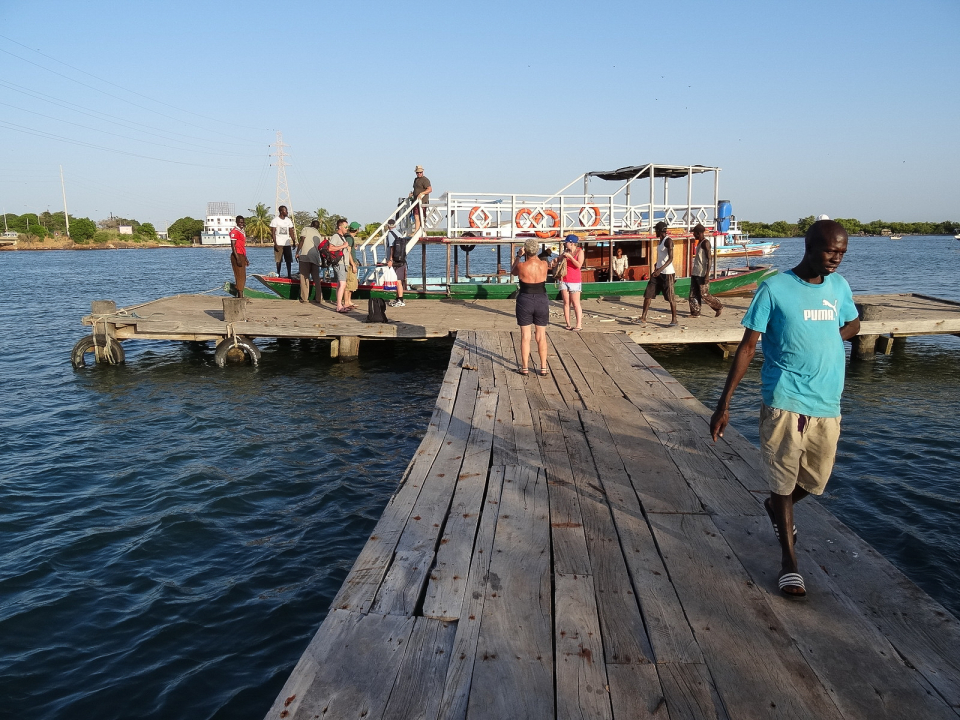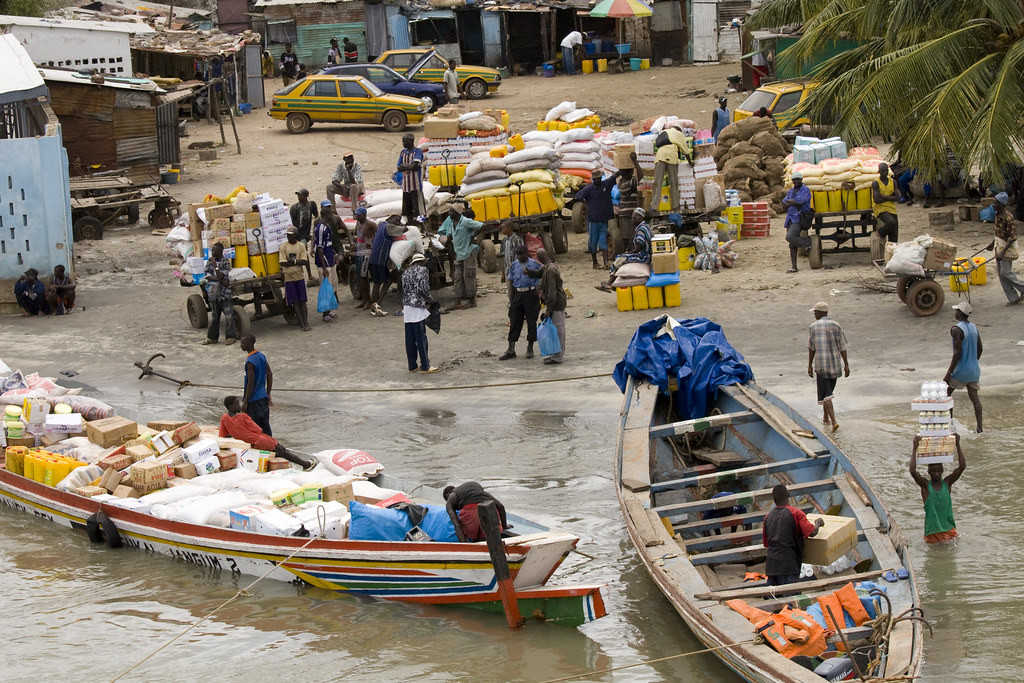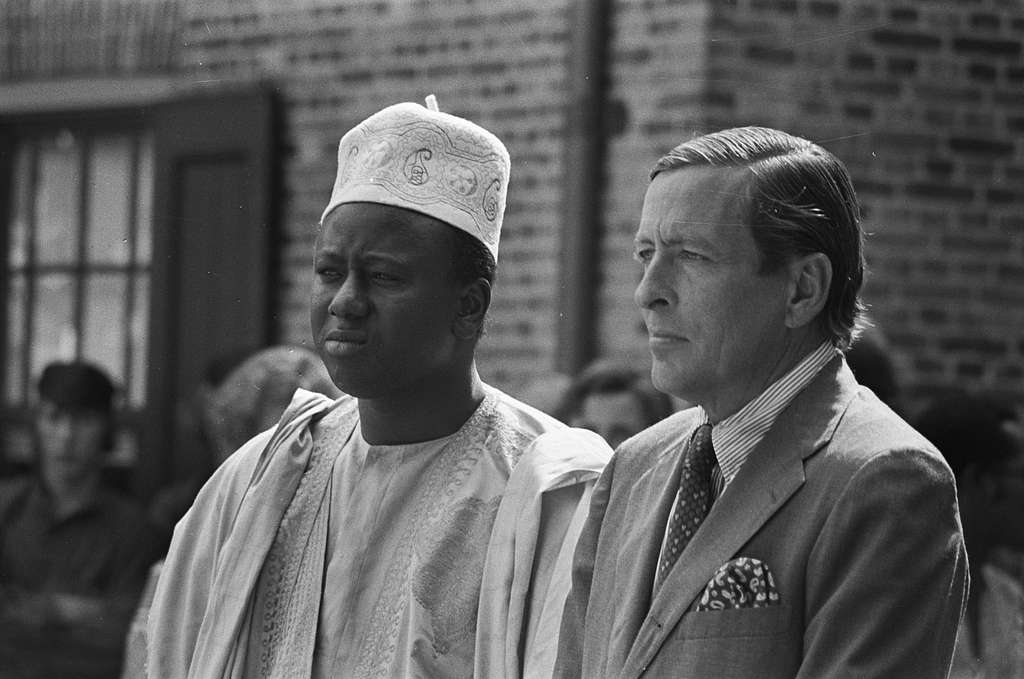Het arrangement Gambia 3.4 is gemaakt met Wikiwijs van Kennisnet. Wikiwijs is hét onderwijsplatform waar je leermiddelen zoekt, maakt en deelt.
- Auteur
- Laatst gewijzigd
- 30-03-2025 21:02:29
- Licentie
-
Dit lesmateriaal is gepubliceerd onder de Creative Commons Naamsvermelding 4.0 Internationale licentie. Dit houdt in dat je onder de voorwaarde van naamsvermelding vrij bent om:
- het werk te delen - te kopiëren, te verspreiden en door te geven via elk medium of bestandsformaat
- het werk te bewerken - te remixen, te veranderen en afgeleide werken te maken
- voor alle doeleinden, inclusief commerciële doeleinden.
Meer informatie over de CC Naamsvermelding 4.0 Internationale licentie.
Aanvullende informatie over dit lesmateriaal
Van dit lesmateriaal is de volgende aanvullende informatie beschikbaar:
- Toelichting
- Wikiwijs over Gambia 3.4 van De Geo.
- Eindgebruiker
- leerling/student
- Moeilijkheidsgraad
- gemiddeld
Bronnen
| Bron | Type |
|---|---|
|
Tourism https://youtu.be/NU1OTXKAwOk?si=dUgwJwMFYXFimu_S |
Video |
|
Migrant workers https://youtu.be/Vs4Mn4UKjvw?si=ROOM9AbhZPGjtQMW |
Video |
|
Development cooperation https://youtu.be/308JWyccXQg?si=oH60vDO_hjRAy8m8 |
Video |




